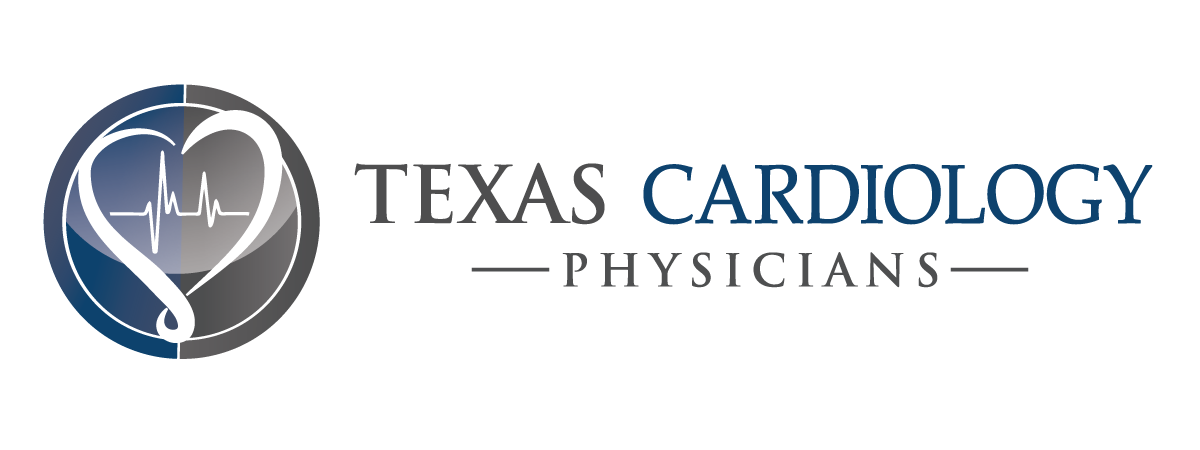
What Are Heart Diseases and How Do They Affect Your Heart?
Heart diseases encompass a range of conditions that affect the heart’s structure and function. These diseases can interfere with the heart’s ability to pump blood effectively, leading to serious health issues. Understanding the different types of heart diseases and their symptoms is crucial for early detection and management.
Common Types of Heart Diseases
- Coronary Artery Disease (CAD): The most common type of heart disease, CAD occurs when the arteries that supply blood to the heart muscle become hardened and narrowed due to plaque buildup. This can lead to chest pain (angina), heart attacks, and heart failure.
- Heart Failure: A condition in which the heart can’t pump enough blood to meet the body’s needs. Symptoms include shortness of breath, fatigue, and swelling in the legs.
- Arrhythmias: Irregular heartbeats that can cause the heart to beat too fast, too slow, or erratically. Common types include atrial fibrillation and ventricular tachycardia.
- Valvular Heart Disease: Involves damage to one or more of the heart’s valves, affecting blood flow within the heart. Symptoms can include fatigue, shortness of breath, and swelling.
- Cardiomyopathy: A disease of the heart muscle that makes it harder for the heart to pump blood. Types include dilated, hypertrophic, and restrictive cardiomyopathy.
- Congenital Heart Defects: Structural problems with the heart present at birth, which can affect how blood flows through the heart and the rest of the body.
Story: Emily’s Battle with Coronary Artery Disease
Meet Emily, a 52-year-old executive who led a hectic lifestyle, juggling work and family responsibilities. One day, she experienced severe chest pain and was rushed to the hospital. After a series of tests, Emily was diagnosed with coronary artery disease. Her cardiologist explained that her condition was due to years of unmanaged stress, poor diet, and lack of exercise. With a combination of medication, lifestyle changes, and support from her healthcare team, Emily managed to turn her life around. Her story underscores the importance of recognizing the signs of heart disease and taking proactive steps to manage your heart health.
List: Key Risk Factors for Heart Disease
Understanding the risk factors for heart disease can help you make informed decisions about your health. Here are some of the most significant risk factors:
- High Blood Pressure: Increases the heart’s workload, causing the heart muscle to thicken and stiffen.
- High Cholesterol: Leads to plaque buildup in the arteries, restricting blood flow.
- Smoking: Damages the blood vessels and heart tissue.
- Diabetes: Increases the risk of heart disease, particularly if blood sugar levels are not well-managed.
- Obesity: Strains the heart and can lead to conditions like high blood pressure and diabetes.
- Physical Inactivity: A sedentary lifestyle can contribute to obesity, high blood pressure, and high cholesterol.
- Unhealthy Diet: Diets high in saturated fats, trans fats, cholesterol, sodium, and sugar can increase the risk of heart disease.
- Family History: A history of heart disease in your family can increase your risk, especially if a parent or sibling was diagnosed before age 55 (for men) or 65 (for women).
FAQ: Common Questions About Heart Disease
Q: Can heart disease be prevented?
A: While some risk factors like genetics cannot be changed, many heart diseases can be prevented or managed through lifestyle changes such as eating a healthy diet, exercising regularly, avoiding tobacco, and managing stress.
Q: What are the warning signs of a heart attack?
A: Common symptoms include chest pain or discomfort, shortness of breath, pain in the neck, jaw, or back, nausea, lightheadedness, and cold sweats. If you experience these symptoms, seek medical attention immediately.
Q: How is heart disease diagnosed?
A: Heart disease can be diagnosed through various tests, including blood tests, electrocardiograms (EKG), echocardiograms, stress tests, and cardiac catheterization.
Why Is Cardiology Crucial for Heart Health?
Cardiology is the medical specialty that focuses on diagnosing and treating heart diseases. Cardiologists use their expertise to help patients manage heart conditions and prevent complications. Regular check-ups with a cardiologist are essential for monitoring heart health, especially for individuals with risk factors or existing heart conditions. By understanding your heart health, you can take proactive steps to prevent heart disease and maintain a healthy heart.
Engaging Question: Have You Checked Your Heart Health Recently?
When was the last time you had a check-up for your heart health? Regular monitoring and early detection of potential issues are crucial for maintaining a healthy heart. Consider scheduling an appointment with a cardiologist to ensure your heart is in good condition.
Where to Seek Help: Texas Cardiology Physicians
If you’re concerned about your heart health or experiencing symptoms of heart disease, the specialists at Texas Cardiology Physicians are here to help. Our team offers comprehensive diagnostics and personalized treatment plans to manage and prevent heart disease effectively.


